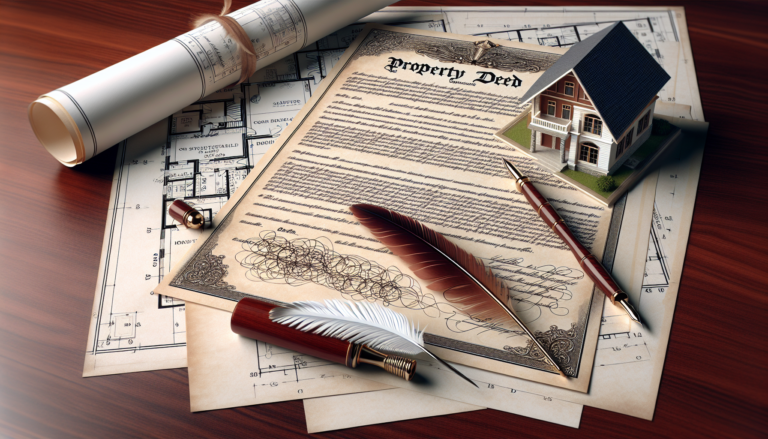When applying for a loan, your credit report can have a major impact on your ability to get the loan and the interest rate you may have to pay.
Filing bankruptcy is a major financial decision that can impact your credit for a long time.
Not just because your credit score is lowered when you initially file, but because the Bankruptcy case can stay on your credit report for years.
There are two main types of bankruptcies that most people fall into when considering whether or not to file for bankruptcy.
Bankruptcy and Credit: Chapter 7 Bankruptcy Filing
Chapter 7 is the type of bankruptcy most people are familiar with. Federal Law controls the credit reporting agencies.
This law requires that the major credit bureaus remove a voluntary Chapter 7 bankruptcy case after it has been 10 years since the filing date of your case.
It does not matter if the case gets dismissed or discharged it will stay on your credit report for the same length of time.
Bankruptcy and Credit: Chapter 13 Bankruptcy Filing
The Length a Chapter 13 bankruptcy case stays on your credit report depends on if you complete the Chapter 13 bankruptcy case or not.
If you complete the case, then it is the policy of the credit reporting agencies to remove the case from the creditor report after seven years from the filing date of your case.
They do this to encourage people to file Chapter 13 over a Chapter 7 Case.
Just like with a Chapter 7 though, any Chapter 13 case that is not completed can stay on your credit report for up to 10 years.
Can my Bankruptcy Case be Removed from my Credit Report Early?
The only way to remove a bankruptcy from your credit report is if the Bankruptcy should not have been there in the first place.
This happens when you did not actually file a bankruptcy case or someone filed an improper Involuntary Bankruptcy Case against you.
To get this removed you may have to get an order from the Bankruptcy Court prohibiting credit reporting agencies from reporting the bankruptcy on your credit report.
You may also need to dispute the bankruptcy case with each reporting agency using their dispute procedures.
Will Having a Bankruptcy on my Credit Prevent Me from Being Able to Build my Credit and Get Loans?
Having a bankruptcy on your credit reports does not prevent you from building your credit health or getting loans, it is just another factor companies us when determining if they will loan the money or give you credit.
People who have been through declaring bankruptcy are able to get credit cards and finance vehicles immediately after their case is over. This is the case for both Chapter 7 and Chapter 13 bankruptcies.
There is no law that prevents your from getting new loans or credit after your case is over with.
However, some places may require that your case to have been filed a certain amount of time ago. Financing a new home is a good example of this.
The only reason you cannot get a home loan immediately after your chapter 7 case is because it is the policy of the mortgage companies to require that your case have been discharge from the case for at least two years.
This is the policy for a all new FHA loans. It may be longer for a conventional mortgage.
What can I do to build my credit after my Bankruptcy is over?
There are several things you can do to start to rebuild credit back up after your case is over with.
Most people see an increase in their credit score within a year of filing their case even if they do nothing to try and increase it.
Some people will have a house or car payment they are still making after filing for bankruptcy case is complete.
These payments should be reported to the creditors reporting agencies even if they stopped while your case was still going on.
If they do not, you can file a dispute with the credit reporting agencies and have the companies confirm that you have been making those payments.
If you don’t already have a vehicle you are paying on, then you can get one after your discharge and start making payments on it.
You can also open a secured credit card and pay off the balance each month. These secured credit cards typically have balances of $300-$500.
Another way to build your credit profile is to be added onto someone else’s card as an authorized user.
You of course want to make sure that person will make their payments, but if they do make their payments on time then that can help you build your credit.
The key is to not try and take on too much debt too quickly.
Make sure that the new debts you take on is what you can afford to make payments on every month and that you can pay off any new cards off every month.





